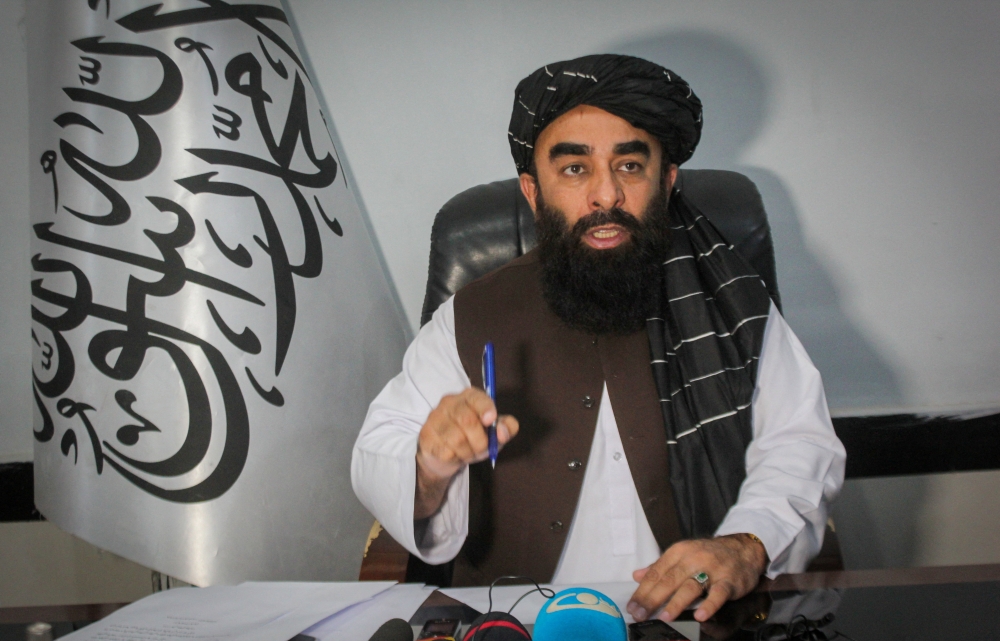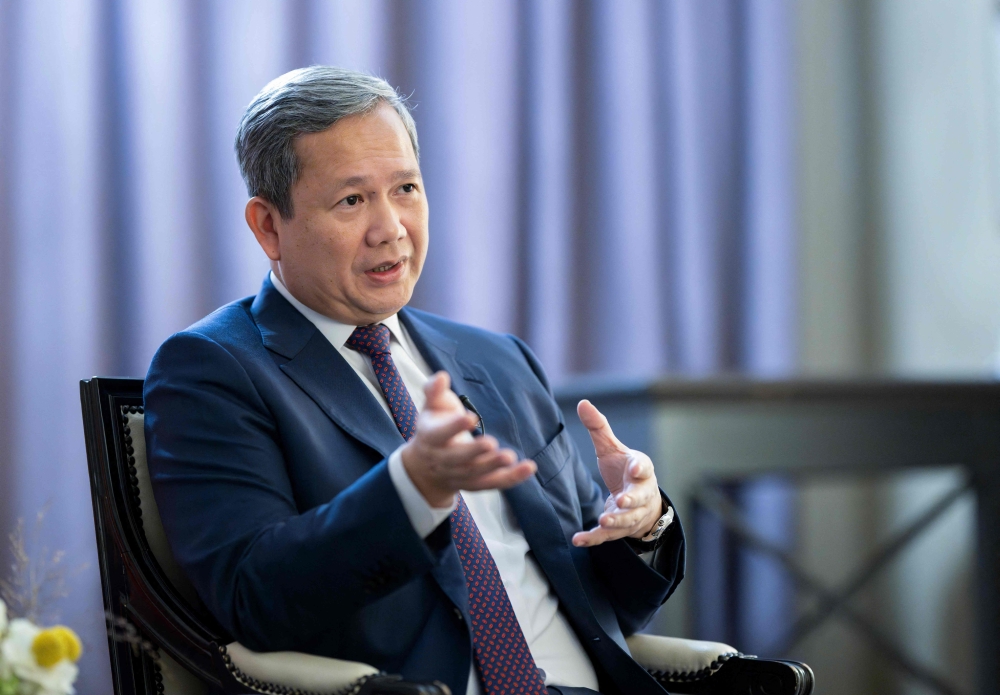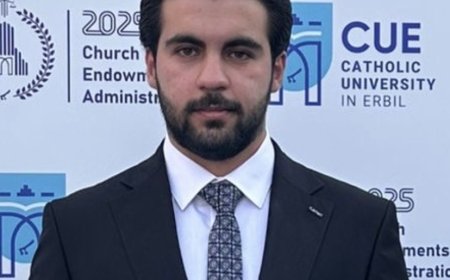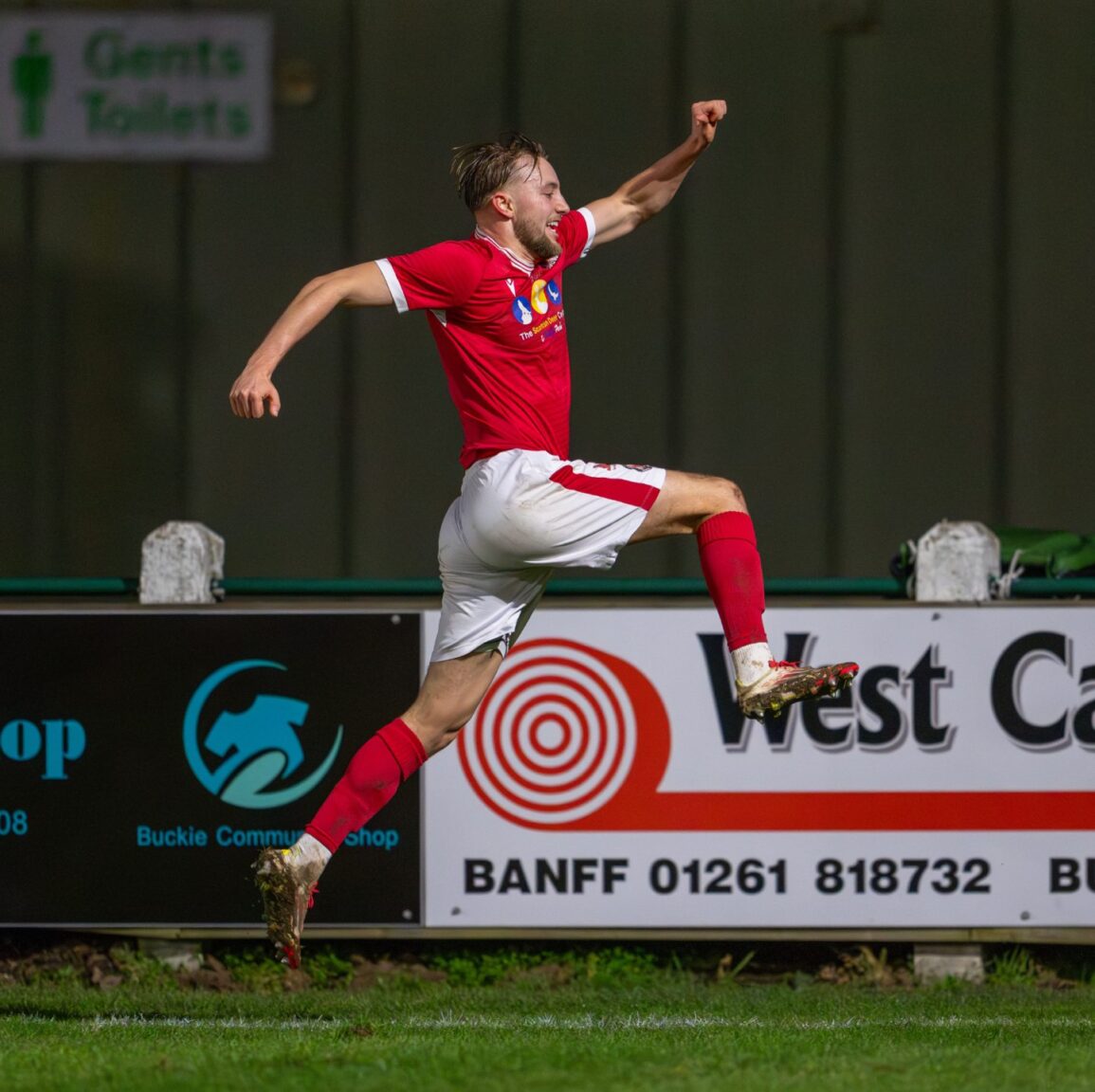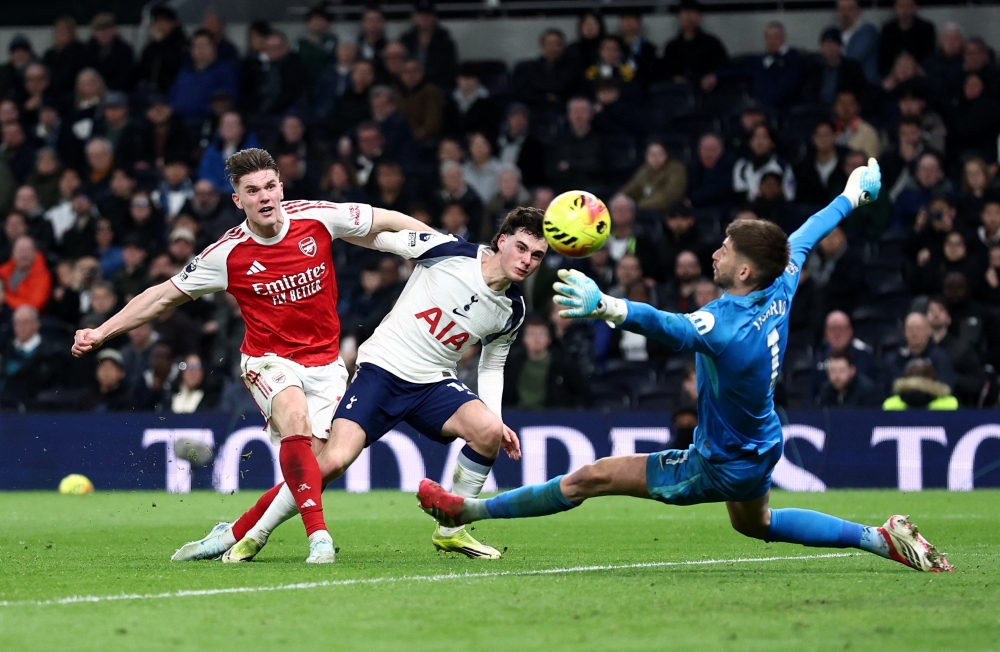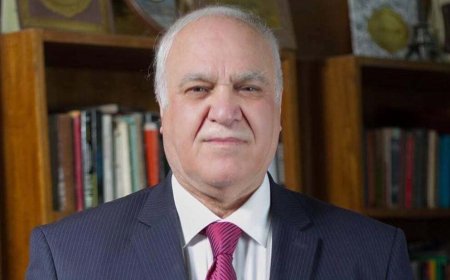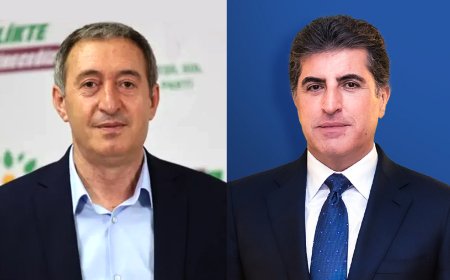The lessons from Blair’s first attempt at Palestine peacemaking – from his own team
It is a triumph for Sir Tony to bring the war so near a ceasefire – but is he the right man to lead the transition?

In 2010, Sir Tony Blair managed to secure an agreement for the export of Palestine’s famously juicy strawberries to Europe.
It was a concrete measure of progress in his work at the Quartet, the body set up by the US, EU, UN and Russia to oversee the peace process between Israel and Palestine.
But three years after Sir Tony took up the position as the Quartet’s special representative, it also struck members of his team as a sign of how far the group’s ambitions had fallen.
“We had a substantial agenda, obviously of lifting economic restrictions, improving the investment climate, cooperation between the Palestinians and the Israelis, the whole shebang,” said one member of the team, which varied in size between 10 and 20 people, speaking on condition of anonymity.
But under Sir Tony’s leadership, they said: “[We] kept lowering the bar of our demands, from [Israel’s control of the West Bank’s] Area C, to work permits and from permits to strawberries.”
Some of the Quartet team came to believe that their leader – a man with a messianic vision of reshaping the Middle East – was unwilling to push Israeli prime minister Benjamin Netanyahu hard enough for any significant breakthrough.
“He spent a ridiculous amount of time in one-on-one’s with Netanyahu,” the former staffer said, in one of the first inside accounts of Sir Tony’s eight-year reign at the Quartet. Often, the team was not briefed on the results.
And eventually, according to the former staffer, Sir Tony’s credibility “tanked”.
“At some point you don’t have credibility any more with the Palestinians to deliver. But in fact, you don’t have credibility with the Israelis either, because you’ve shown them that you’re not going to put pressure [on them.]”
The Telegraph has spoken with sources close to Sir Tony over his time at the Quartet, who raised concerns over his suitability to lead a transitional authority in post-war Gaza.
Earlier this week, the three-time prime minister was announced as one of only two confirmed names – alongside Donald Trump – who will sit on a putative “Board of Peace” set to run Gaza until, at an undefined point in the future, it would hand over to the Palestinian Authority (PA), the sclerotic group currently in power in the West Bank.
All of those who spoke with The Telegraph praised Sir Tony for his work in shaping the 20-point peace plan, which Hamas signalled it would accept – with caveats – on Friday night.
Last-gasp win
Utilising all his star-power, Britain’s only true political behemoth has brought the grinding war in Gaza to the brink of a deal that could save thousands of lives.
He has charmed Mr Trump and his influential son-in-law, Jared Kushner. He retains a workable relationship with Mr Netanyahu, unlike the current occupant of No 10. And he can call up any of the Arab leaders now pressuring Hamas to accept the deal and lay down its arms.
At 72, Sir Blair has lost little of the energy, self-belief and charisma that helped him to bring peace to Northern Ireland under the 1998 Good Friday Agreement.
Having helped to plunge the Middle East into the conflicts that have suppurated across the region since the invasion of Iraq, Sir Tony could achieve some kind of redemption: a last-gasp win at the tail-end of his political career.
Where those who spoke with The Telegraph were more cautious was in his return to a leadership position in the stewardship of Israel-Palestine relations.
“The Palestinians felt [his time at the Quartet] was an obvious sort of whitewash job,” said one former senior British diplomat with direct experience of Mr Blair’s time in Jerusalem. “[And] from the UK point of view, it’s a bit of a risk to have somebody who probably isn’t going to have very much influence, but who looks as if they’re important and will therefore be blamed for whatever Trump gets up to.”
Supporters argue that Sir Tony’s time at the Quartet was unfairly traduced. While he initially set up his headquarters at the 5-star American colony hotel, he moved in time to less extravagant premises in East Jerusalem.
During his tenure, they add, Sir Tony secured some notable successes: driving forward a water sanitation project in Gaza, the creation of a second Palestinian mobile phone operator, greater access to export markets for goods produced in the West Bank, and the opening of the Jalameh crossing that boosted tourism from Israel to Bethlehem.
In 2014, he secured a deal for goods to enter Gaza unless specifically prohibited, reversing a requirement for each to be assessed individually.
If he did not get far in reviving the moribund peace process – the formal mandate of the Quartet is to pave the way for the creation of a Palestinian state – that reflects the circumscribed nature of the role and the deeply entrenched animosity of the warring parties. James Wolfensohn, Sir Tony’s predecessor, resigned in frustration after just eleven months.
Even Sir Tony’s critics acknowledge that real progress would have required full-throated intervention from Washington, Israel’s chief ally.
“Could anybody have achieved anything [at the Quartet]?” the former diplomat asked.
“Is there really any way that the Americans were going to let a Brit – even that Brit – into an area of foreign policy, which is actually for America, domestic policy that matters more within the Beltway than outside.”
For Sir Tony’s Quartet team, nevertheless, there was a sense that their leader failed to use his full prestige to push for more from his Israeli and American counterparts.
“Even [much of] what was promised was not delivered,” the former staffer said. In his meetings with Israeli officials, “Blair would never put his fist on the table and say, ‘Look, this was promised. And in fact, I need a lot more than what was promised.’”
The Quartet team had hoped that Sir Tony would persuade Israel to relinquish control of parts of the West Bank’s Area C, the roughly 60 per cent of land in which it retains full civic and security control.
“If you can turn it from C to B, or from C to A [lesser security classifications], then you can do more housing, you can do more water, you can do more agriculture, which would add up to Big Bang improvements and real confidence-building measures towards peace talks.”
“Blair completely understood” the issue, the ex-staffer said. “He really got the details of it. He wanted to know, he wasn’t lazy in any way. But he was never willing to put his credibility on the line to really get it.
“And for us, that was sort of a surprise that grew bigger and bigger as a team.”
While there was small progress on deals that provided “temporary relief in the West Bank” the lack of serious progress struck the ex-staffer as “odd, because as prime minister he accomplished so many things in Northern Ireland, and also domestically, where he had to… really use his power to get things done.”
Avatar and sweaters
Those close to Sir Tony firmly deny that he failed to pressure the Israeli side sufficiently, arguing that criticising Israel in the media would have been counter-productive.
But in the end, Sir Tony was sometimes reduced to touting cosmetic achievements, including screenings of Avatar (a big-budget Hollywood film lauding resistance to a colonising power) and, in 2012, the export of 2,000 sweaters to Britain.
While he may have been provided with a “full Downing Street-type office, travel and private jets,” he lacked access to the levers of state that underpinned his successes in Northern Ireland, the former diplomat said.
“I remember talking to a guy who was very senior in the Northern Ireland office, who said that Blair was an absolute master of getting people just to the frontier point where there might be a possibility of getting the other side to move to the same position.”
But in Northern Ireland, Britain had full control and could rely on the input of the SAS and security services.
“I have the feeling he left [office] feeling that he could walk on water” and, through his alliance with the Bush administration in the Iraq war, “be a significant influence on the Americans.”
That turned out to be “complete nonsense,” the former diplomat added.
Under the new Gaza peace plan, much focus will initially fall on rebuilding the state capacities of the devastated Strip – areas where Sir Tony’s experience and zealous attention to detail will likely bear fruit.
At the same time, if the ultimate goals of the transitional authority are to be met – and Gaza handed over to Palestinian control – pressure will once more need to be applied on Israel to withdraw its forces, on the US administration and on Palestinian political leaders who are instinctively distrustful of Sir Tony.
This time around Sir Tony may be more empowered than he was at the Quartet. Mr Trump is easy to sway if you stay in his good books and often delegates authority to his favourite subordinates.
Still, familiar claims of potential conflicts of interest threaten to complicate the appointment. During his work at the Quartet, Sir Tony also had access to a “ticket to travel around the Arab world and drum up business for his private consulting empire,” the former diplomat said.
Among a spate of embarrassing stories, The Telegraph reported on allegations – denied by Sir Tony – that he used trips to Libya to lobby for business deals on behalf of JP Morgan, the US bank which paid him £2m a year to serve as a senior advisor.
Sir Tony took no salary from his role at the Quartet, nor does he receive one from the Tony Blair Institute for Global Change (TBI), the London-based think tank he now runs.
But questions are now being asked about his ties to Larry Ellison, the co-founder of multinational cloud computing company Oracle and, for a brief period this summer, the world’s richest man.
Since 2021, Mr Ellison has donated £257 million to the TBI, transforming it into one of the most powerful think tanks in the UK. In February, Mr Ellison was interviewed by Sir Tony via video-link at the World Governments Summit in Dubai, with both men extolling the benefits that could accrue to developing nations through Artificial Intelligence.
According to a report in the New Statesman, ex-TBI staffers have expressed concerns about the deepening ties between the two organisations, which have included joint-retreats.
“When it comes to tech policy, Oracle and TBI are inseparable,” one former senior TBI advisor told the magazine.
A TBI spokesperson said that, while there is collaboration in “the work we do in supporting some of the poorest countries in the world”, the TBI “does does not advocate for Oracle’s commercial interests”
The 20-point Gaza peace plan includes a pledge to call on “best international standards to create modern and efficient governance that serves the people of Gaza and is conducive to attracting investment.”
It is not impossible that Oracle would bid for contracts in the reconstruction effort, at which point Sir Tony’s ties to Mr Ellison, a staunch supporter of Israel who is one of the largest donors to the Friends of the IDF, could come into question.
“I would say he does need to make it clear what this relationship is, what effect it would have on any future for Gaza, and whether he is prepared to establish formal Chinese walls between himself and Oracle,” a former staff member of the Tony Blair Faith Foundation told The Telegraph.
[Source: Daily Telegraph]


